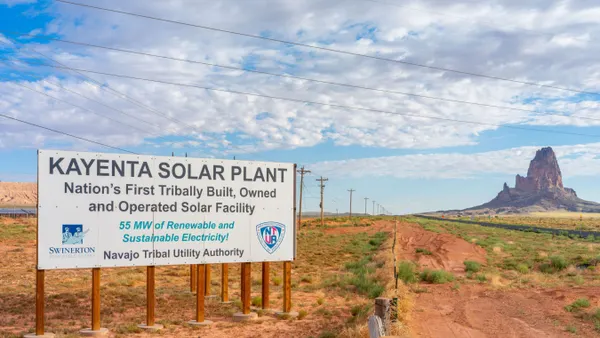Dive Brief:
- California is making a significant change to its electric vehicle rebate program, eliminating incentives for higher-income buyers and boosting them for those making up to 300% of the federal poverty level, according to the Los Angeles Times.
- The shift reflects a changing strategy as California attempts to interest a broader range of consumers in EVs. So far, higher-income residents have been switching to electric vehicles.
- California leads the nation in electric vehicle adoption, but Gov. Jerry Brown (D) has committed the state to getting 1.5 million of the zero-emission vehicles on the road by 2035.
Dive Insight:
If California is going to reach its aggressive EV adoption goals, it will require attracting a wider segment of the population. Electric vehicles have moved beyond the first adopter phase, but they are still largely being embraced by higher income drivers.
Now, the state is shifting its incentives. Lower-income households can receive $4,500 for battery-electric vehicles and $3,500 for plug-in hybrids. And those incentives have essentially doubled in the last two years. But on the other side, California eliminated rebates for buyers with a single income over $150,000.
Joel Espino, an attorney with the Greenlining Institute, told the Times that "a lot of these rebates were going to wealthy folks buying their Teslas. ... We wanted to preserve these dollars, understanding that they’re limited funds, and target them at folks who really need them the most.”
The Clean Vehicle Rebate Project (CVRP) is managed by the California Air Resources Board, funded by the state's cap-and-trade program. According to the program's website, about 60% of rebates (more than 95,000) went to support plug-in purchases, and about 40% to plug-in hybrids (64,000 rebates).
CVRP offers rebates up to $7,000 for the purchase or lease of new vehicles including electric, plug-in hybrid electric and fuel cell vehicles. California has about 40% of the EVs in the United States, and lawmakers have been mulling enacting even more aggressive goals. Over the summer, Assemblywoman Autumn Burke (D) floated the idea of requiring 15% of new sales in the state be electric by 2025.














